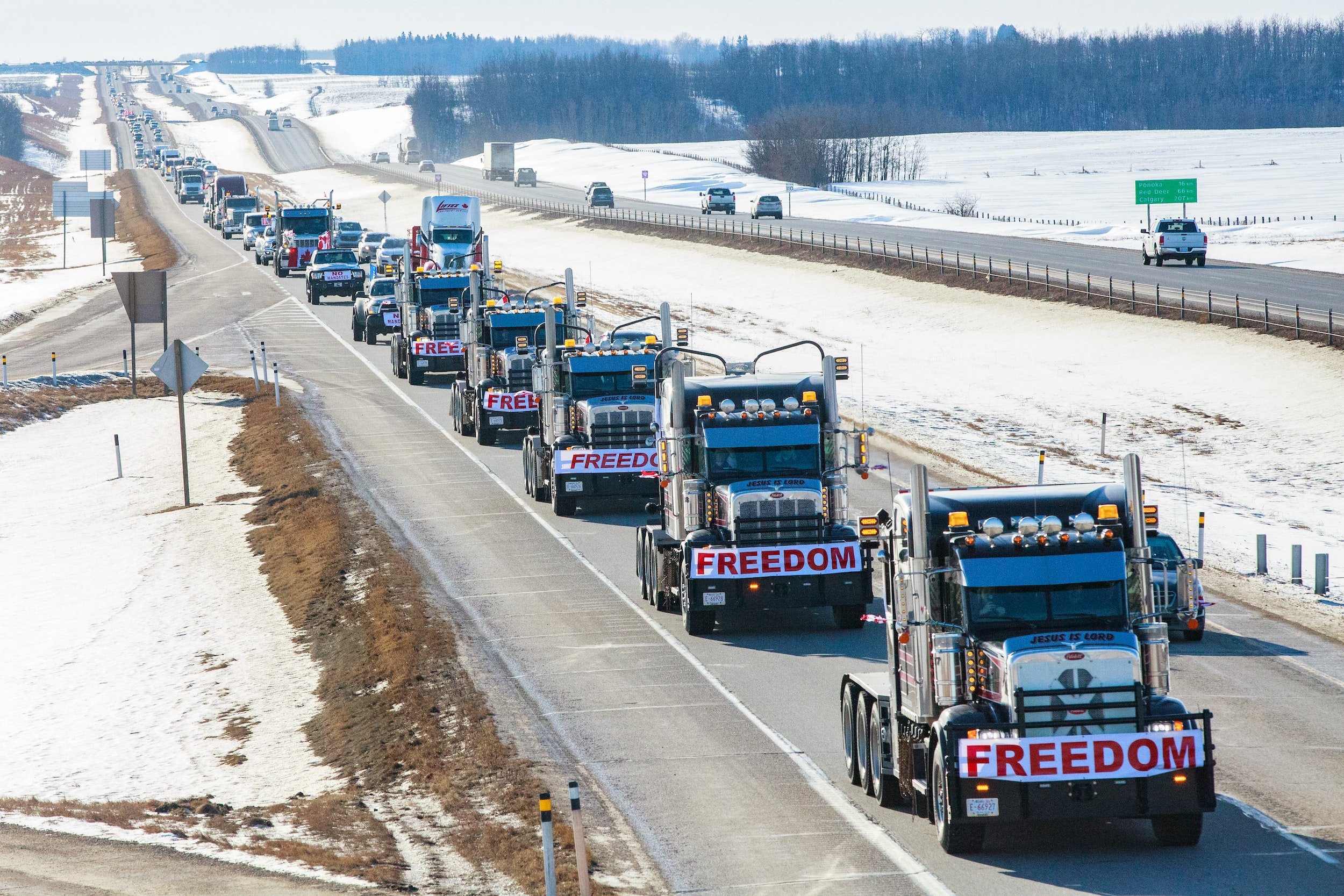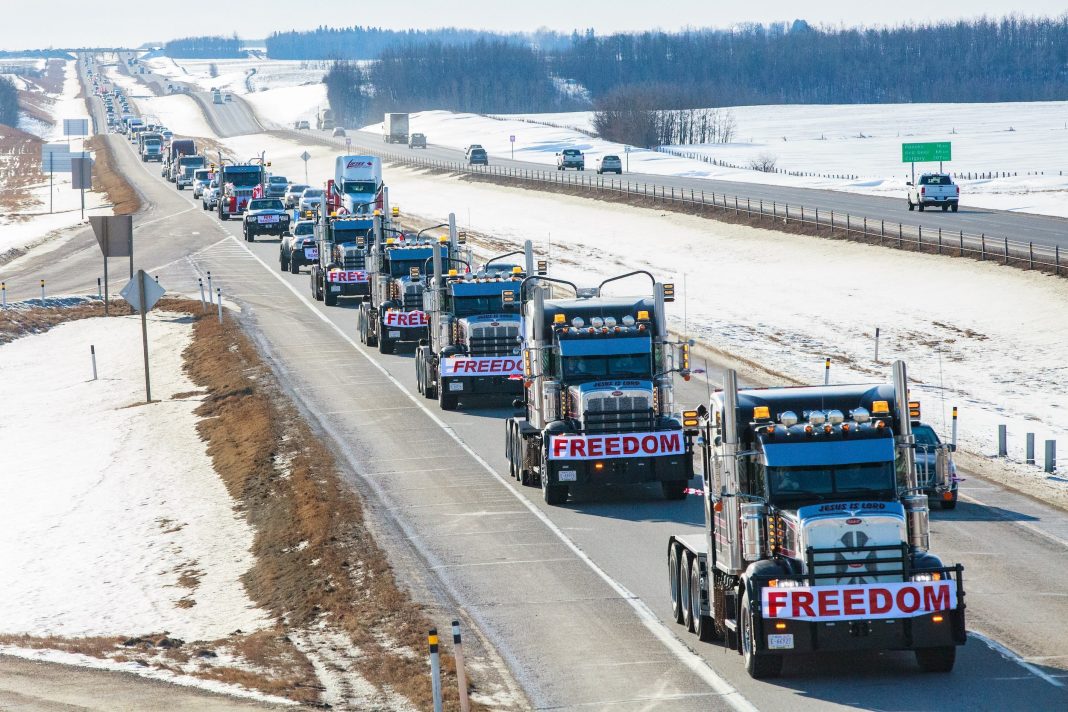 Truck Convoy Protests Live Sheep Export Ban in Western Australia
Truck Convoy Protests Live Sheep Export Ban in Western Australia
A massive truck convoy has taken to the roads of Western Australia to protest the Labor government’s ban on live sheep exports. Over 1,350 trucks participated in the rally in Perth, sending a strong message to the government. The trucks displayed signs that read “keep the sheep” and “stand with our farmers,” while onlookers held a banner expressing their love for farmers. The convoy was organized in response to legislation introduced by the Labor Party that aims to stop live sheep exports from Australia by sea starting from May 1, 2028.
The ban has sparked significant opposition from various groups and individuals. A petition titled “Keep the Sheep” has already garnered 33,500 signatures online. The petition’s organizers emphasize that this campaign goes beyond mere politics; it is about people’s lives and livelihoods. They argue that the sheep industry has been a vital part of rural towns for over a century and will disappear if the ban is implemented.
Mark Harvey-Sutton, CEO of the Australian Livestock Exporters’ Council (ALEC), also participated in the rally. He expressed his support for farmers and truck drivers and called the ban a “disastrous policy.” Harvey-Sutton believes that the government’s decision to destroy livelihoods during a cost of living crisis is unfair and vows to continue fighting against the ban.
The convoy in Perth has caught the attention of National Farmers Federation president David Jochinke, who believes that it is a historic demonstration by grassroots farmers. Jochinke feels that governments have underestimated rural communities’ support for farmers and their intelligence as voters. He sees this convoy as just the beginning and expects more people across Australia to wake up to the political deal behind the ban.
In response to the outcry, Agriculture Minister Murray Watt stated that the live sheep industry now has ample time, support, and certainty to plan effectively for the future. He emphasized the government’s commitment to investing in the Australian sheep industry’s future and mentioned that $107 million has been allocated to assist those affected by the phase-out.
Minister Watt defended the ban by highlighting the decline in live sheep exports over the past two decades, which now account for just 0.1 percent of all national agricultural exports. He pointed out that sheep meat exports, on the other hand, are booming, with Australia becoming the world’s largest exporter of sheep meat. In 2022-23 alone, nearly $4.5 billion worth of chilled and frozen sheep meat was exported.
Despite Minister Watt’s assertions, pressure mounted for further investigation into the ban. Both the Nationals and Liberal Party sought an inquiry in the lower house of Parliament but were unsuccessful. In response to this, Minister Watt conceded that a Senate inquiry into the legislation would be necessary. Nationals Leader David Littleproud criticized Minister Watt for promising a Senate inquiry only after an inquiry into the same issue had been voted down in the House of Representatives.
The protest convoy also saw the participation of WA National MLA Mia Davies, who called for Albanese to “keep the sheep” and do what is right for Western Australia. She joined the convoy to make her stance known.
Additionally, Minister Watt took to social media to highlight the success of Australian meat exports under the Australia-UK Free Trade Agreement. He shared data showing a significant increase in beef exports, up 429 percent to $51.8 million, and a 19 percent rise in sheep meat exports to $100.1 million in just one year.
The truck convoy protest in Western Australia reflects a growing opposition to the Labor government’s ban on live sheep exports. It showcases the unity and determination of farmers, truck drivers, and supporters who believe that the ban will have devastating consequences for their livelihoods. The government faces increasing pressure to reconsider the ban and engage in meaningful consultation with those affected. Meanwhile, the debate surrounding the ban continues to highlight the complexities and challenges of balancing economic interests with animal welfare concerns in the agricultural industry.


